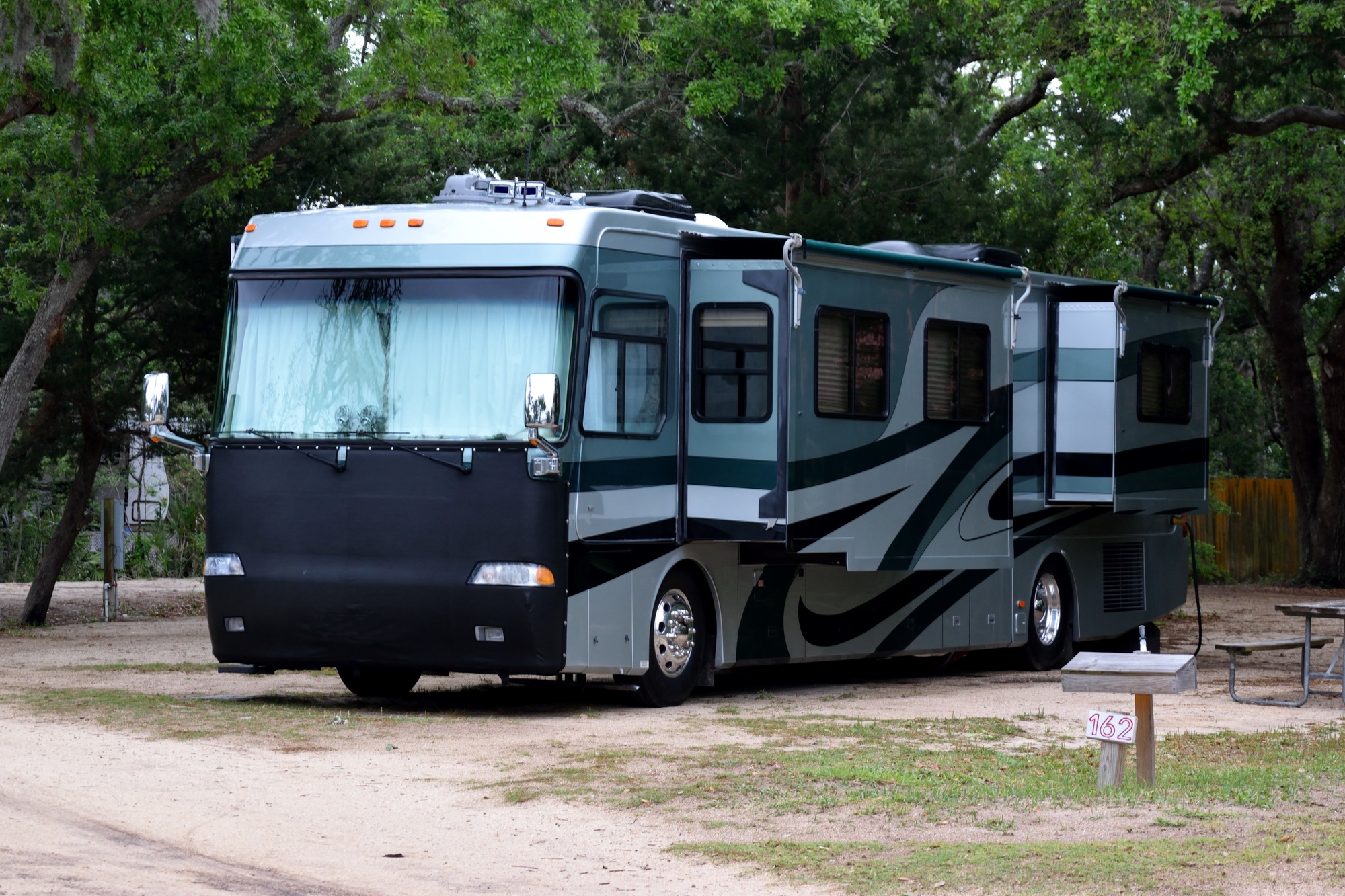Owning an RV is beneficial for several reasons. It makes for the perfect road trip, and you can bring the entire family with plenty of room to spare! Packing up the RV and hopping in to begin exploring the world is something you’ll want to do as much as possible.
To ensure you can continue to experience these amazing journeys, however, you’ll need to conduct regular RV maintenance. RVs can have troubles like any other vehicle does, but your RV is even more special because of all the wonderful memories you create with it. Following an RV maintenance checklist is one of the best ways to keep your RV in excellent condition.
Are you ready to prevent RV problems and continue exploring the world around you?
Continue reading below to learn what items should be on your RV maintenance checklist!
1. The Battery
Battery percentages should be checked before heading out on each road trip. If you removed the batteries for storing purposes, such as during the winter, then you’ll need to check the batteries on a regular basis. Throughout the winter, be sure to recharge the batteries occasionally to keep them from losing some of their life.
While sitting in storage without being charged, a battery can lose 10% of its battery life every month. You can consider having a professional remove the battery and reinstall it for you as well to ensure it’s done properly.
The last thing you want to happen is your battery to fail you during a trip, and you become stuck in one location.
2. The Plumbing
Checking the plumbing for leaks is another essential aspect of RV maintenance. Once you fill the fresh water holding tank with water, you can then turn the water pump on and pressurize the water system. It’ll eventually shut off.
Watch and listen closely after it shuts off. If it turns back on, then that means there’s a leak somewhere. Even if it only turns back on for a quick moment.
You’ll need to then locate the leak and have it repaired. Taking your RV into a professional repair shop will ease your mind because they’ll know how to locate the leak and seal it correctly.
3. The Tires
If you store your RV for an extended period of time, then you’ll need to check on the air pressure in your tires. Over time, as the RV sits in one place, the air from the tires can decrease. Make sure you know what the correct air pressure amount is for your specific RV.
Then, bring the tire pressure back up to the correct number or bring it into a shop to have it professionally done. Aside from checking the tire pressure after the RV has been in storage, it’s also important to check the tire pressure before each road trip.
Driving on an incorrect tire pressure can cause your miles per gallon to go down. It can also cause wear and tear on your tires, bad handling, and a possible flat. To prevent this from happening, make sure the pressure is correct, and remember to have a spare just in case!
4. The Fluids
The fluids on your RV should be checked on a regular basis. You’ll want to check the power steering, the transmission fluids, engine oil, brake fluids, the coolant, and all other fluids. You’ll even want to check the windshield wiper fluid to ensure you’re able to clean the windshield if needed.
To determine the correct level of fluid, check the owner’s manual for your RV. Otherwise, you can bring your vehicle into a professional shop where they can check the levels for you. You’ll want to check all lights on your RV also.
If everything’s in good working order, then you’ll be good to go for your next road trip!
5. The Safty Features
Your RV will have a smoke detector, a carbon monoxide detector, and an LP gas leak detector. You need to make sure all doctors are working properly. There should be a test button on them to do so.
Check your RV for a fully-charged fire extinguisher. In case of any emergencies, you’ll want to have one ready and available. It’s a good idea to have a discussion with everyone who joins you on the RV trips about different smoke and gas warning signs.
Know what to look for and how to react in case of an emergency. Having an emergency plan will prevent added stress and chaos to the situation.
6. The Seals
All seals around your Rv should be inspected for leaks. This is especially true if you keep your RV in an outdoor storage unit. This should be done at least twice a year to prevent leaks from happening.
You can keep your RV safe from many natural elements by placing an RV cover on it and storing it properly. However, general wear and tear may happen over time.
You’ll want to check the roof and around the entire RV’s body where any seals might be. If you notice damages or any cracks in the seals, then you’ll need to repair them. Depending on where the seal is, you might need to use a specific type of sealant.
Different sealants work well with different types of materials. If you’re unsure what the best sealant to use is, then you can also bring your RV to a professional repair shop to correct the issue for you.
This Is the Only RV Maintenance Checklist You’ll Need
Conducting regular RV maintenance is essential to keep your RV running smoothly. It’s important to have an RV maintenance checklist handy when you’re ready to do so. This list will prevent you from accidentally skipping something that should be checked and maintained.
For more topics on lifestyle, sports, and so much more, visit on a daily basis!

